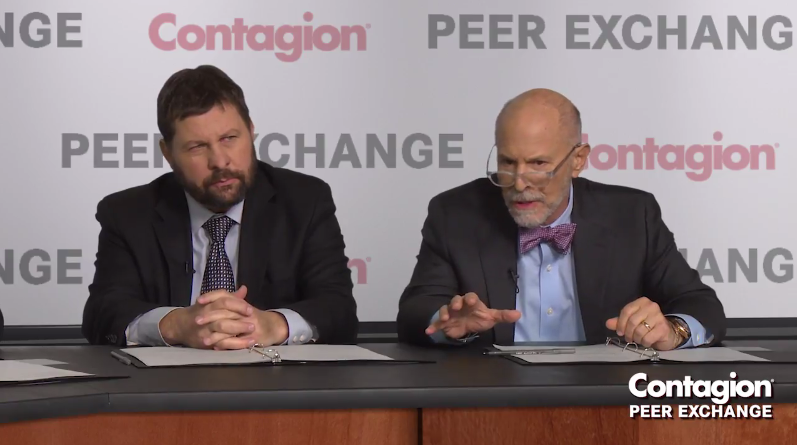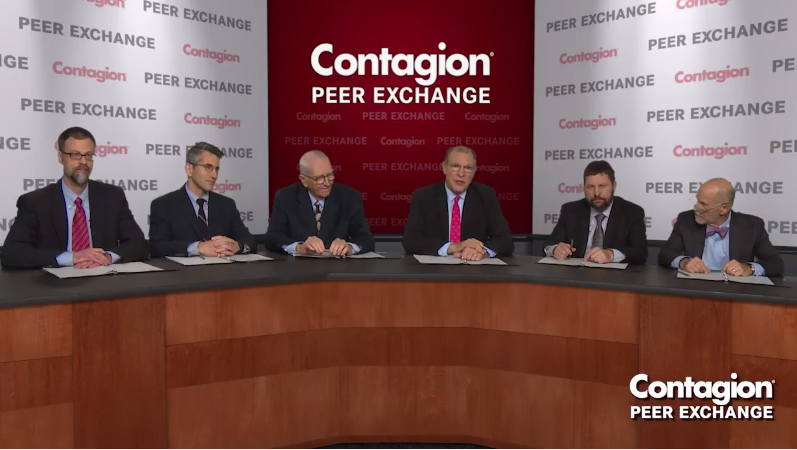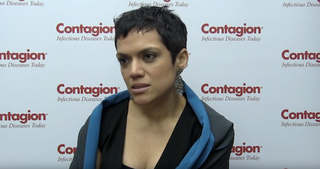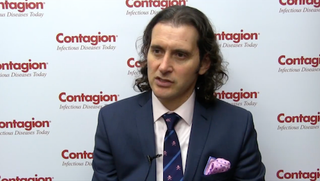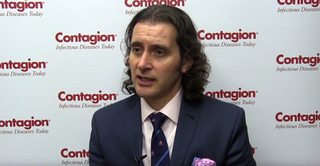
C. Difficile
Latest News
Latest Videos

CME Content
More News

Richard Haupt, MD, MPH, explains the risk factors for Clostridium difficile infection.

A testing stewardship effort found that using a “hard stop” alert system may help reduce inappropriate C. difficile testing.
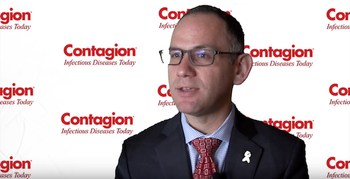
Paul Feuerstadt, MD, sheds light on the estimated burden of C. difficile infection in the United States.
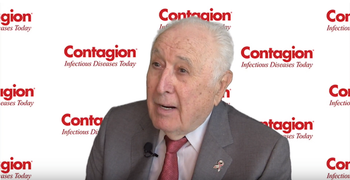
Norman B. Javitt, MD, PhD, explains how antibiotics can impact bile acid composition and result in Clostridium difficile infection.

Barley Chironda, RPN, CIC, discusses current infection control measures taken to prevent C. difficile and the reasons why they are falling short.

Hospital employees are increasingly using hospital infection rates to highlight gaps in training, education, and staffing.
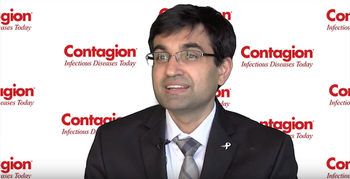
Sahil Khanna, MBBS, MS, provides a brief overview of the history of fecal microbiota transplantation.

Stay up-to-date on the latest infectious disease news by checking out our top 5 articles of the week.

Stuart Johnson, MD, discusses the disadvantages to some of the current approaches used to treat C. difficile.

Contagion® will be providing exclusive coverage on the conference. Keep your eyes peeled for session coverage and interviews with some of the key presenters.

Can we track Clostridium difficile infections to see how patient movements result in exposures?

Updated guidance from the CDC on Zika, candidemia infections in patients with C. difficile infections, and more topics made up our Top 5 articles for the month of October 2017.

C. difficile prevention is usually thought of in terms of environmental disinfection and health care worker hand hygiene; what about the patient's role?

Stay up-to-date on the latest infectious disease news by checking out our top 5 articles of the week.
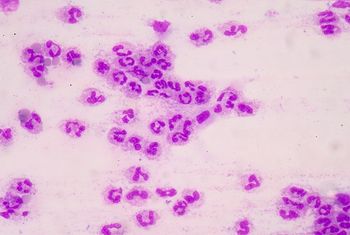
A recent study found that a sepsis care bundle program implemented in The Mount Sinai Hospital in New York coincided with an increase in antibiotic prescriptions and higher rates of Clostridium difficile infections.

The message for clinicians is to be vigilant. Look for candidemia and C. difficile infection occurring together.

A recent study has shown that, compared with other antibiotics, tetracyclines may be associated with a reduced risk of Clostridium difficile infection (CDI).

About 500,000 Americans fall ill from Clostridium difficile infections every year.
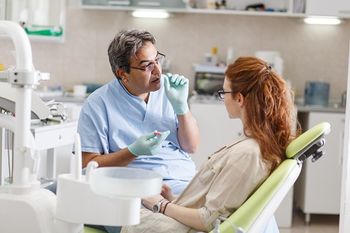
Dr. Maria Bye, an epidemiologist at the Minnesota Department of Health shares some unsettling news when it comes to C. difficile: dentists’ prescribing habits may be contributing to CDI incidence.

Surotomycin fails to show benefit over vancomycin for the treatment of Clostridium difficile infection in a phase 3 trial.

Navigating the difficult road of Clostridium difficile (C. difficile) surveillance, reporting, and reimbursement.

This year, our goal is to obtain proclamations in all 50 states.
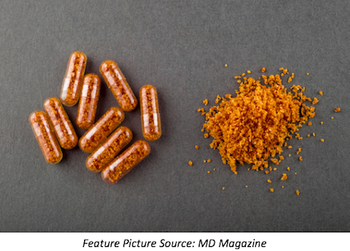
In a new literature review, researchers from the Netherlands postulate that studying fecal microbiota transplantation (FMT) can help identify novel therapeutic targets for metabolic syndromes.

Potentially defective personal protection equipment, patients’ involvement in hand hygiene, probiotics that work against C. difficile, what makes delafloxacin unique, and a new discovery against the herpes virus make up the Top 5 articles for the month of August 2017.
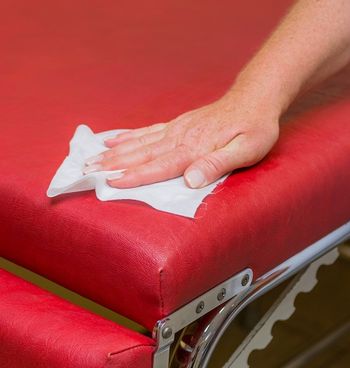
When it comes to cleaning products that work against Clostridium difficile, a new study has found that wipes are better than sprays.


